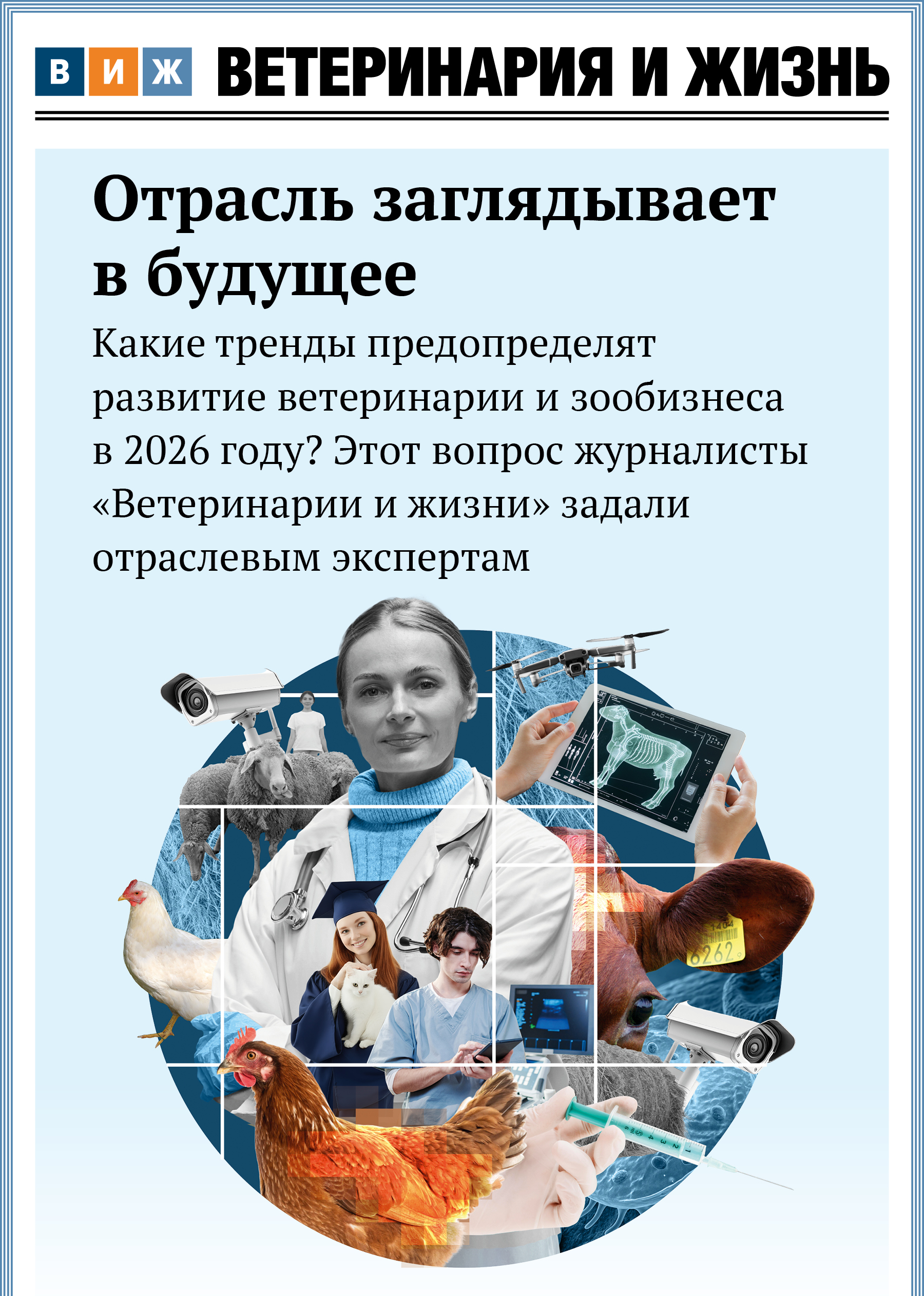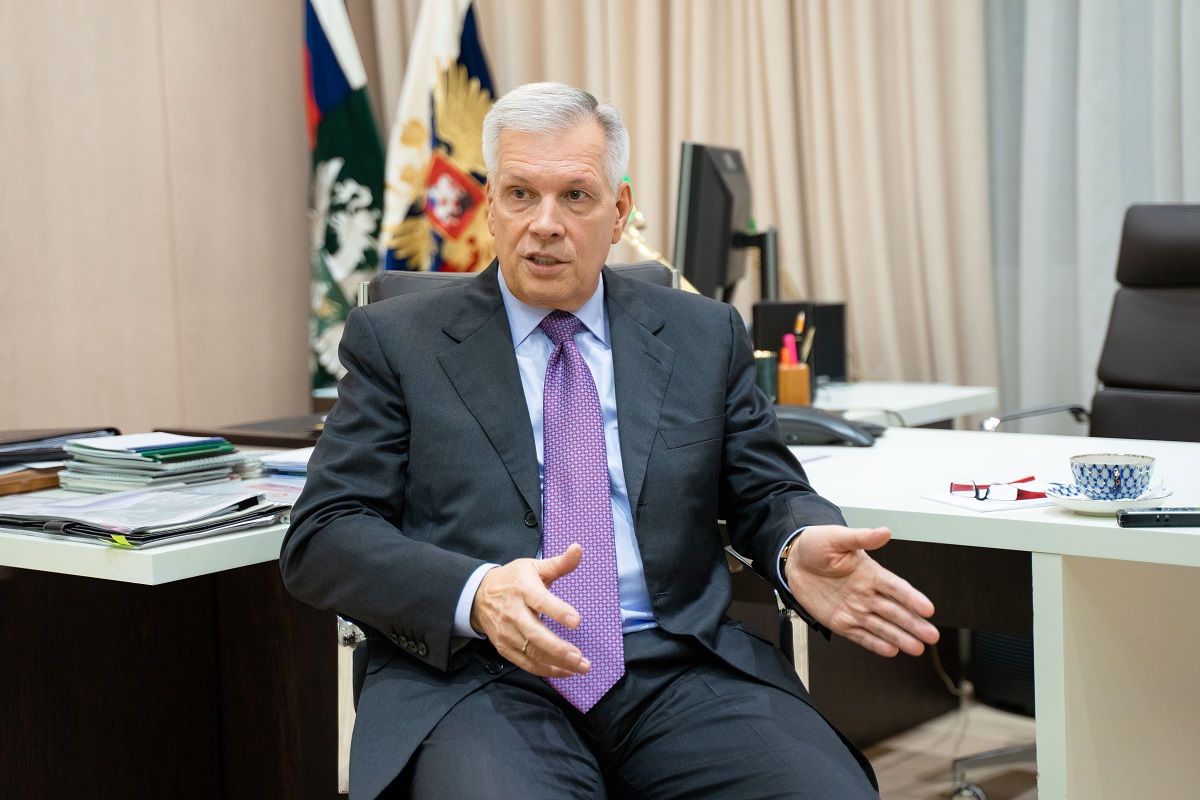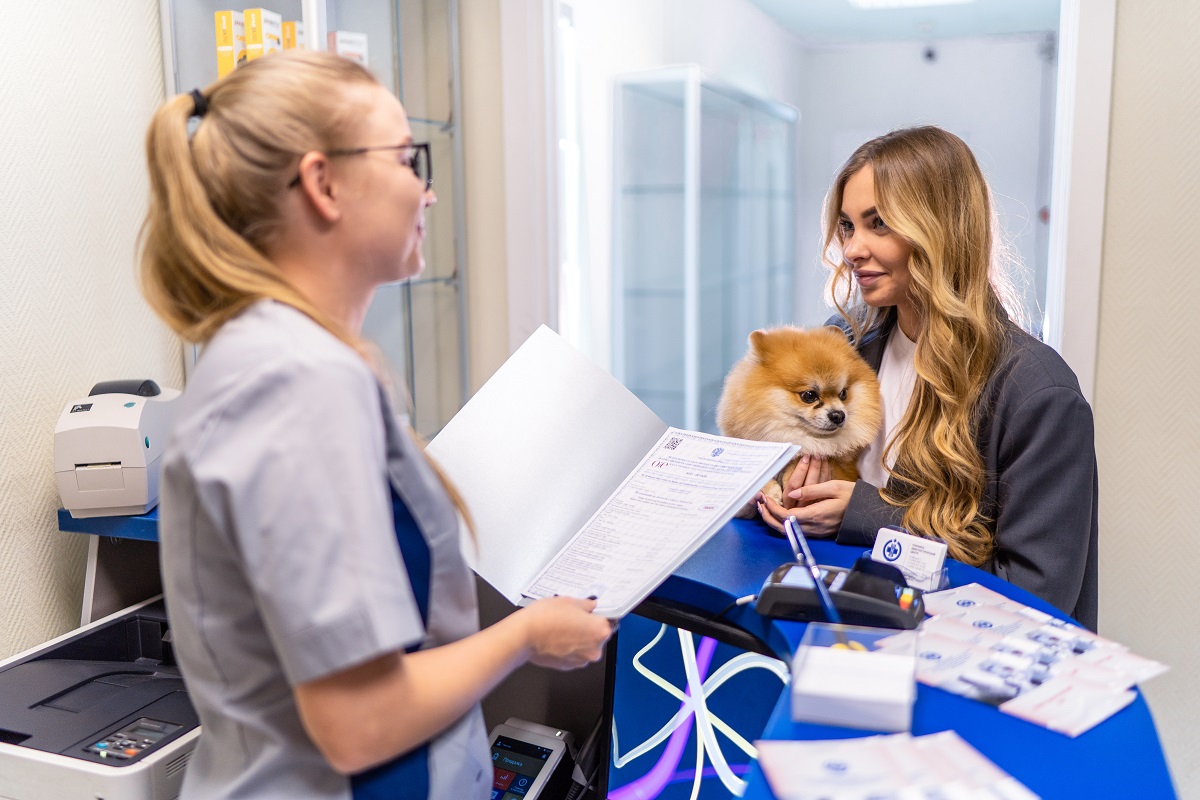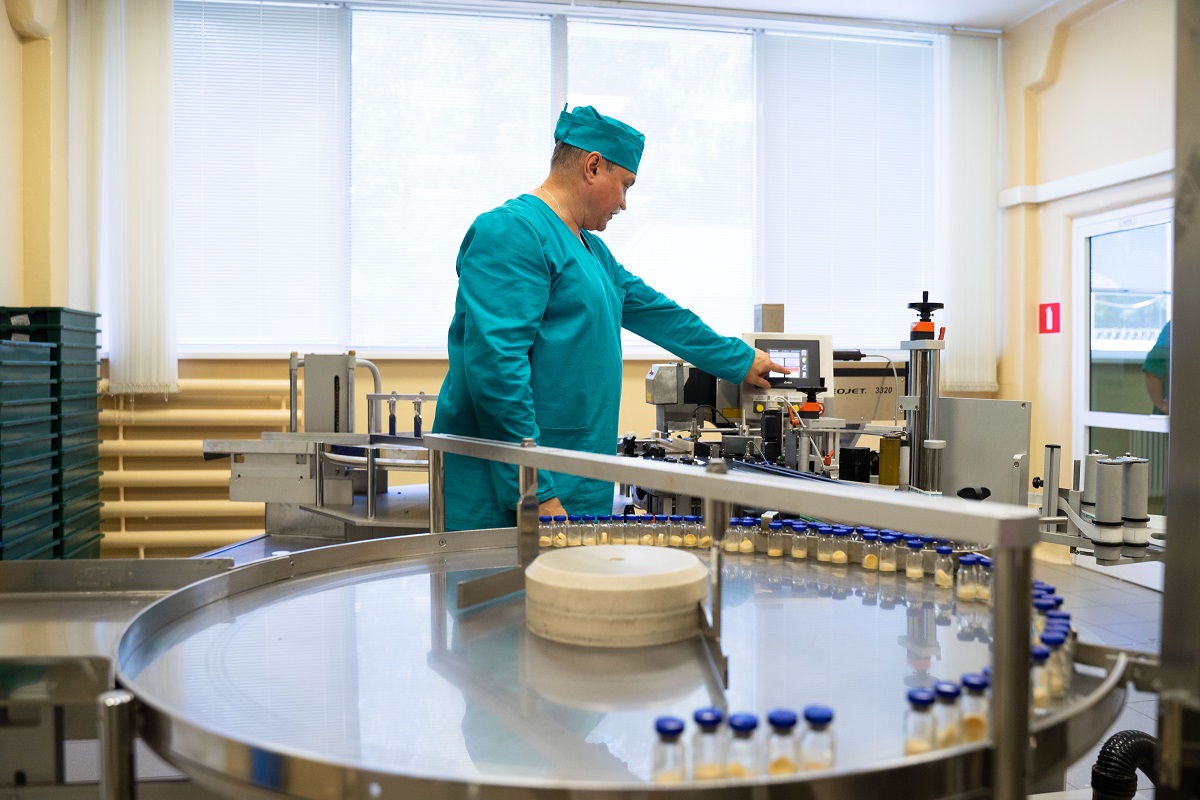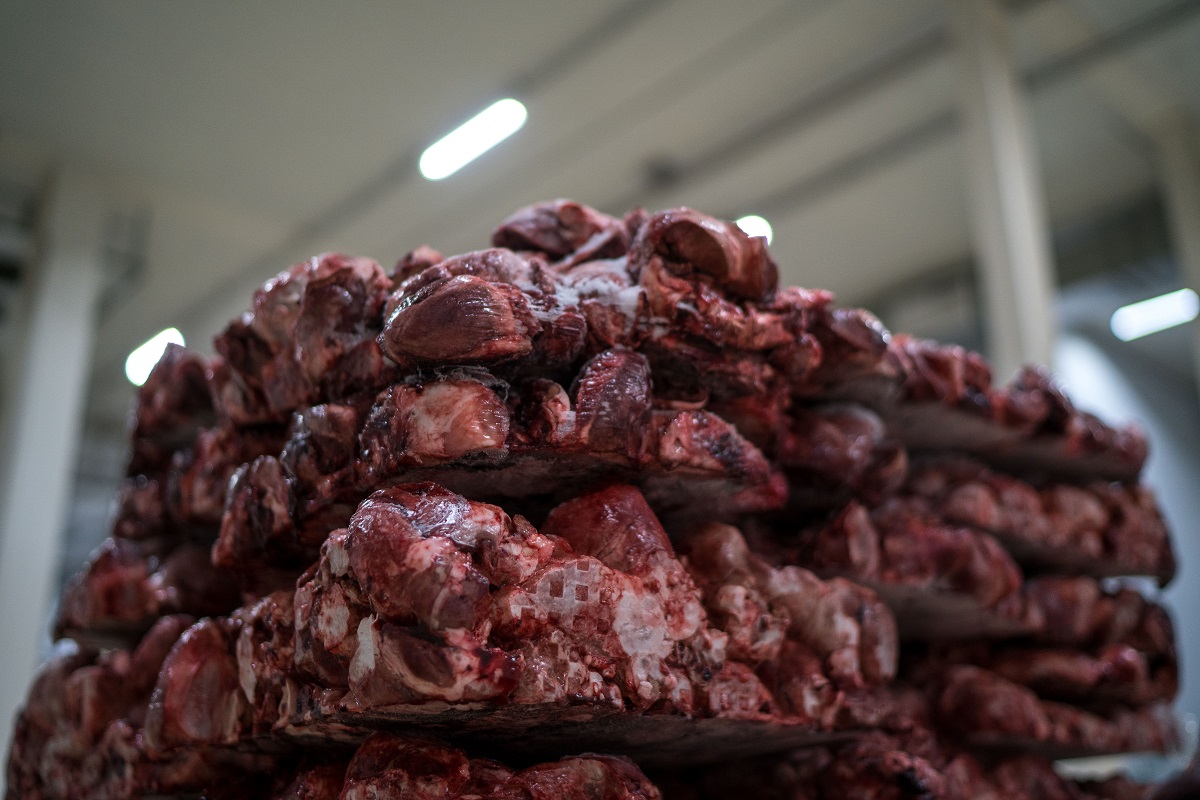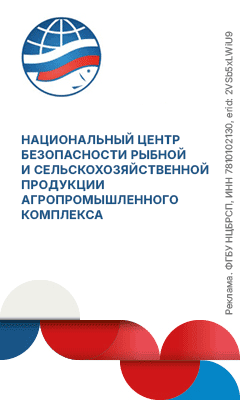“Our systems should be integrated with all other systems because they allow detection of the starting material, which is raw material,” said the Head of the Service.
Sergey Dankvert explained to the senators how Rosselkhoznadzor’s information systems help in detecting antibiotics in livestock products. From the “Vesta” system, which contains the results of laboratory tests, the data is being transferred automatically to the early-warning system “Cyrano”, which allows veterinarians to promptly receive the full amount of data - from sampling protocols to test results.
“Unfortunately, it takes much effort to convince our producers to reduce the use of antibiotics,” the head of Rosselkhoznadzor told the senators.
The presence of antibiotics in products is prohibited by the Technical Regulation of the Customs Union TR CU 021/2011 “On food safety”. Whenever an antibiotic is given to a food animal, a strict observance of the withdrawal period is required.
Any violation of Technical Regulation requirements is sanctioned with a 100.000-300.000 rubles fine under Article 14.43 part 1 of the Code of Administrative Offenses of the Russian Federation. The Service admits that such penalty is insufficient for the large manufacturers. And the uncontrolled use of antibiotics leads to emergence of drug-resistant bacteria.
On March 1, 2023 a new law comes into force in Russia, that eliminates the use of antibiotics in animal feed unless there is a special prescription or need, and sets a requirement for a pharmaceutical license.
Sergey Dankvert also informed the senators about the work of Rosselkhoznadzor’s tracing systems, which allowed to reduce the amount of adulterated products in Russian livestock market. “We’ve seen a 7% reduction over the past year,” he said.


